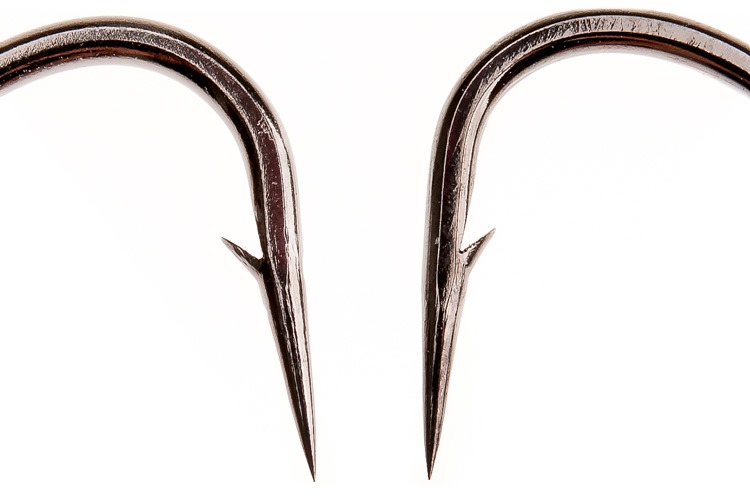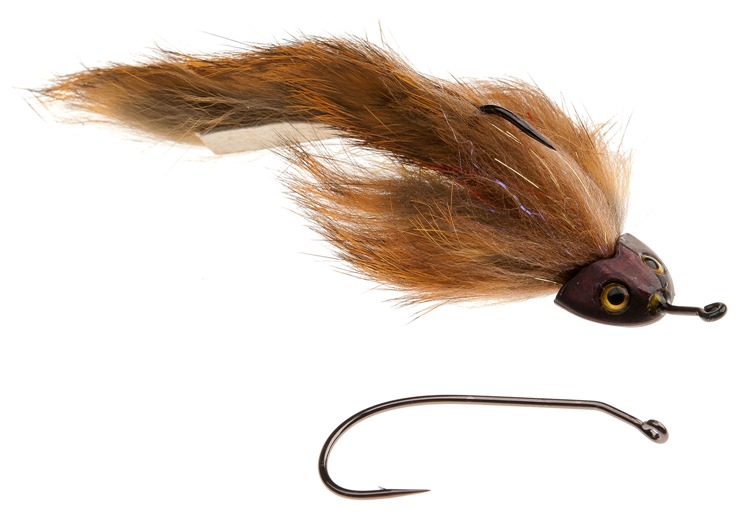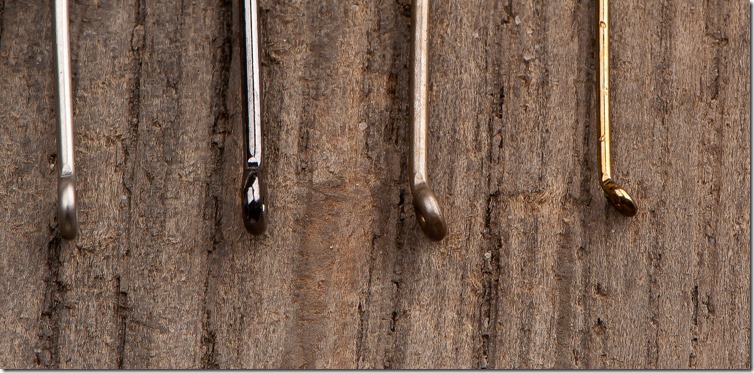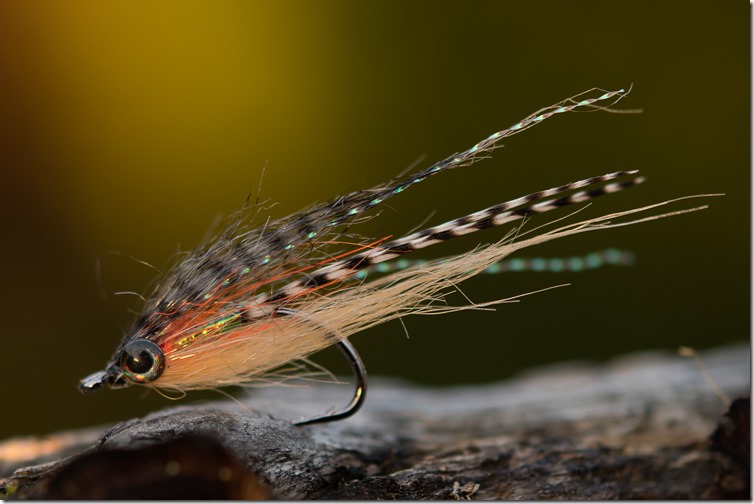Designing and producing fly hooks is a cool business – and Ahrex Hooks started out of passion. We are as addicted to fly tying and fly fishing as you guys are. We set out with one goal… and money really wasn’t a consideration. We just wanted to make great hooks… and make sure that they always would be available.
So what makes a great hook? That is a complicated question. But since we get a lot of questions from you guys (on point technology, finishes, design and functionality) I will try to explain our vision about hook making.
In doing so, it’s worth remembering that every single decision has a build-in compromise. We won’t pretend to have the answers to what is right and what’s wrong. But we have a clear philosophy on each of these technical details – and we made our choices.
Design – sexy… and functional please
Well the first thing you notice, when you pick up a hook is probably design. Aesthetics play a major role here… probably more than functionality – at first glance. Sexy looking hooks will receive love at first sight – but if the functionality isn’t top notch as well – it will be a one-night-stand. So we go for sexy… if it doesn’t collide with functionality. And we try to find the correct balance for each individual hook we design. To make sure we stay on rails on this point, we get valuable feedback from some of the best tiers and fishermen out there: Guys that spend just as just as much time on the water as they do behind the vice. Nobody needs fabulous looking hooks that have poor hooking capabilities.
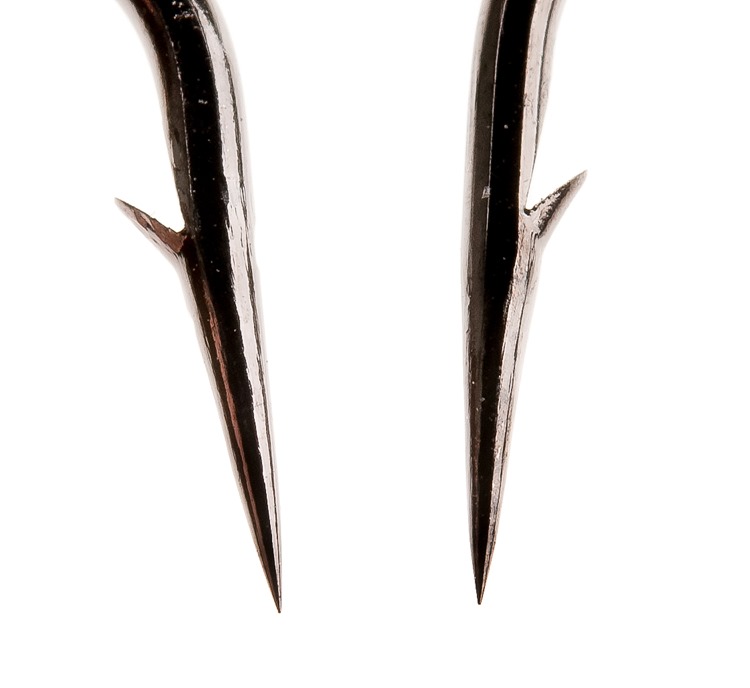
To the point
The choice of point technology is an important one. Our hooks are sharp, make no mistake on that point – or they will draw blood :0) But… are there sharper hooks out there? Sure. Some (mostly Japanese) manufacturers use a long needlepoint – that right out of the box is sharper than our hooks. So why don’t we just use that technology.
Well extreme sharpening of a hook point can leave it dangerously weak, as the grinding and chemical sharpening process removes metal from the point of the hook. This can lead to the point rolling over when it comes into contact with gravel, or even losing sharpness when immersed for long periods. A long point can bend off if it hits bone structure in the mouth of a fish.
On the other hand, you don’t want hooks that wont penetrate easily. We go for the Scandinavian style – and aim at a point that has a great balance between sharpness and strength. Fishing freestone rivers, lakes or rocky shores in the salt is not for the weak. So the hooks should stand up to a beating from the structures and elements. Our hooks will stay sharp… and if you really mess up a hook by banging rocks, it’s easily sharpened. Ahrex Hooks are made to do the best job in the toughest conditions.
Temperamental issues
Tempering or hardening a hook makes it stronger up to a point, where it starts getting brittle. We have a 100 % clear strategy in this issue. We would prefer our hooks to stand up to anything – but if they do give up to extreme pressure: We want them to bend… not break.
You will always get some indications, that you are applying too much force to a wire, if it starts bending. That might enable you to compensate and land the fish anyway. If a hook wire breaks, there’s no way to compensate – and you don’t get any warnings. If one of our hooks breaks, it is probably caused by a defect in the wire or a production issue. Mistakes do happen. But it is not by design.
Finishes – the final touch
We have chosen a black nickel finish on most of our hooks – including the saltwater hooks. Are they 100 % corrosion resistant. Nope. They have great resistance to the impacts of salt, but stainless steel is better on that account. But stainless steel is weaker than carbon steel, which means you will have to use a heavier wire.
That leads to hooks with a less attractive design and points that wont penetrate as easy. Besides… it is illegal to use stainless hooks in some fisheries these days, and there sure are some ethical considerations on loosing a stainless steel hook whether it’s in a fish or in structure. All things adding up – we feel that right now, black nickel is the best compromise for our hooks – giving a beautiful, smooth and strong finish.
All being said: We aim to make the toughest hook out there – and we appreciate your support and enthusiasm. Hope this cleared up a couple of questions.
Have a nice weekend :0)
Michael

